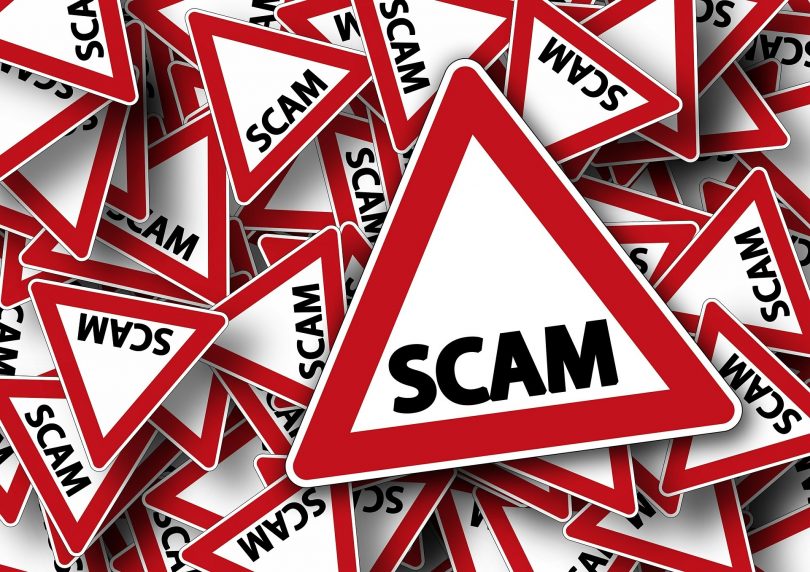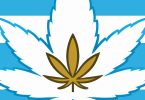Cannabidiol (CBD) has exploded in popularity, and recent hemp legalization will push the boom even further. There are now CBD lattes, cocktails, massages, bath bombs, suppositories… CBD is no longer a molecule, but a universe. That begs the question, is CBD a snake oil scam?
It’s true that die hard advocates tend to inflate a single study on rats into a blanket cure for all of life’s ailments.In 2017, the FDA issued warnings to four CBD companies regarding claims about cancer, such as “Combats tumor and cancer cells,” and “CBD makes cancer cells commit ‘suicide’ without killing other cells.” Significant high-quality research is required to publicly treat disease.
But there are also those taking advantage of CBD’s popularity in more insidious ways. Talk-show host Montel Williams is a known CBD advocate, and his name was illegally used to pedal bogus CBD products to unsuspecting victims. He has a lawsuit currently pending.
The FDA notes that many of the companies issued warnings in the past few years for label claims also falsely advertising the amount of CBD in their products.
The state of Utah suffered an outbreak of fake CBD in 2018 that left 52 people ill.
Project CBD conducted an investigation that revealed a major CBD pump-and-dump scam under the penny stock umbrella company Medical Marijuana, Inc. This company inflated its stock value with seven subsidiaries includingKannaway, a pyramid scheme,and HempMeds,a supplier of cheap, heavily contaminated oil that made many consumers sick. All companies were created and controlled by same individuals.
The good news is that CBD itself is not a snake oil scam. There is promising scientific evidence emerging for many health applications although some claims are more supported than others.As one example, medical practitioners no longer question CBD for treatment-resistant epilepsy; it has become a prescription medication.
So, the real issue is the greed and dishonesty of snake oil salespeople… but they wave flags.
Scam Flags
- Massive bottle for a low price… without much CBD. Pay attention to milligrams of CBD, not ounces of coconut or hemp seed oil.Hemp seed oil is NOT CBD.
- The company does not publish or offer a certificate of analysis (COA) from a third-party laboratory. If the contents of the CBD are not verified, you may not be getting any CBD at all. Worse, your product could be contaminated.
- The company offers no information about ingredients, hemp origins, extraction, or manufacturing, but does provide a long list of diseases that the product cures.
- Free! Just enter your credit card details. Remember, there’s no such thing as a free lunch. You may be asked to pay $20+ in shipping for a bogus (free) product.
- Hemp hustling: don’t be taken in by quick talk and promises that are too good to be true. Legit companies are transparent and honest.
CBD products are everywhere, and unfortunately, there are scams. Be smart and play it safe.










